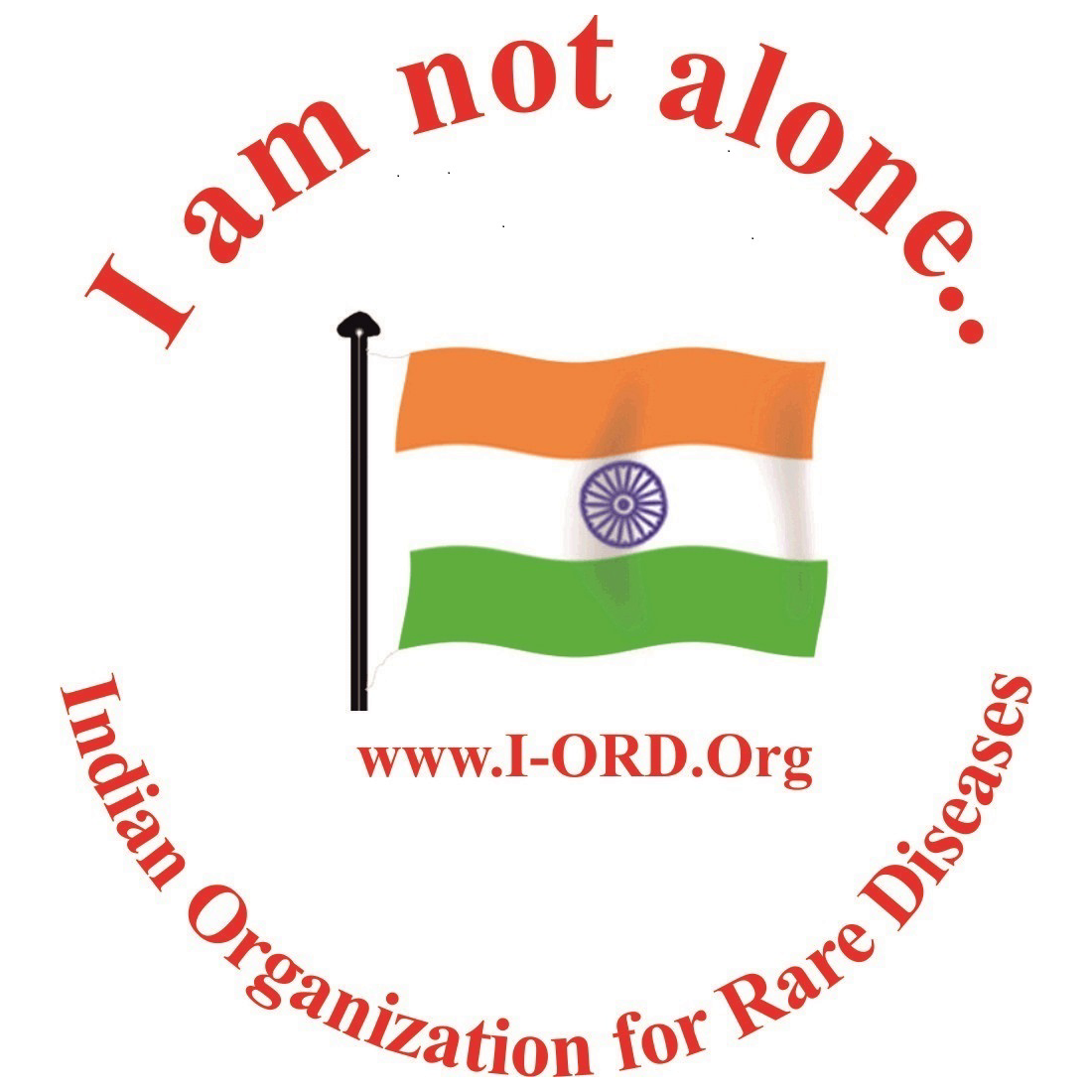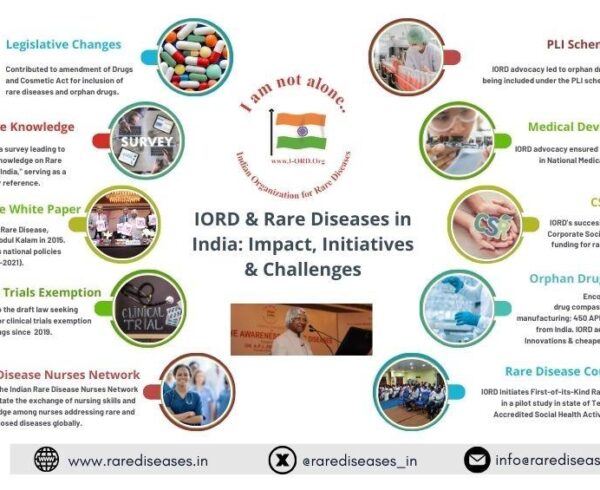Delhi: In a landmark judgment, the Delhi High Court ordered the setting up of a comprehensive Standard Protocol for managing rare disease cases at Centers of Excellence (CoEs). The protocol mandates continuous availability of therapies, detailed plans for local manufacturing of medicines, and time-bound delivery of treatments to improve patient care.
Delivered by Justice Prathibha M. Singh in Writ Petition W.P.(C) 5315/2020, the order aims to streamline by creating an efficient framework involving CoEs, pharmaceutical companies, and the Ministry of Health and Family Welfare (MoHFW).
The protocol includes:
- Ensuring Continuous Availability for Rare Drugs: Pharmaceutical companies must ensure the uninterrupted availability of therapies and medicines for rare diseases through robust distribution networks, supported by local manufacturing or imports.
- Submission of Local Manufacturing Plans: Companies importing rare disease therapies are required to submit detailed plans within 90 days to the Ministry of Health and Family Welfare and the National Rare Disease Committee (NRDC) for setting up local manufacturing or distribution facilities.
- Time-Bound Delivery: Upon receiving purchase orders, companies must supply the approved medicines to the designated CoEs within 14 business days, ensuring timely treatment for rare disease patients.
Flowchart Steps: Rare Diseases Protocol
1. Patients Approach CoEs
- Patients seeking treatment for rare diseases approach designated Centers of Excellence (CoEs) for diagnosis and care.
2. Evaluation and Recommendation
- CoEs evaluate the patients, conduct necessary tests, and recommend appropriate treatments. These recommendations are submitted to the National Rare Disease Committee (NRDC) for review.
3. NRDC Review and Approval
- The NRDC reviews recommendations on a monthly or fortnightly basis, assessing them against pre-determined criteria.
- Upon approval, the NRDC sends the treatment plan and necessary approvals for procurement of medicines, equipment, or devices to the concerned CoE and the Nodal Officer, Rare Diseases Cell, Ministry of Health and Family Welfare (MoHFW).
4. Placement of Purchase Orders
- The CoEs place purchase orders with pharmaceutical companies at agreed prices, while also informing the NRDC and Nodal Officer, Rare Diseases Cell, MoHFW.
5. Supply of Medicines
- Pharmaceutical companies deliver medicines or equipment directly to the CoEs. Any challenges faced in procurement are escalated to the NRDC for resolution.
6. Payment Disbursement
- Payments to companies are made by the MoHFW from the National Fund for Rare Diseases (NFRD) as directed by the NRDC. The Nodal Officer, Rare Diseases Cell, oversees the process to ensure compliance and timely disbursement.
If implemented in letter and spirit, this structured protocol is likely to ensure a streamlined, transparent, and efficient process for treating rare disease patients through coordination between CoEs, NRDC, pharmaceutical companies, and the MoHFW.






